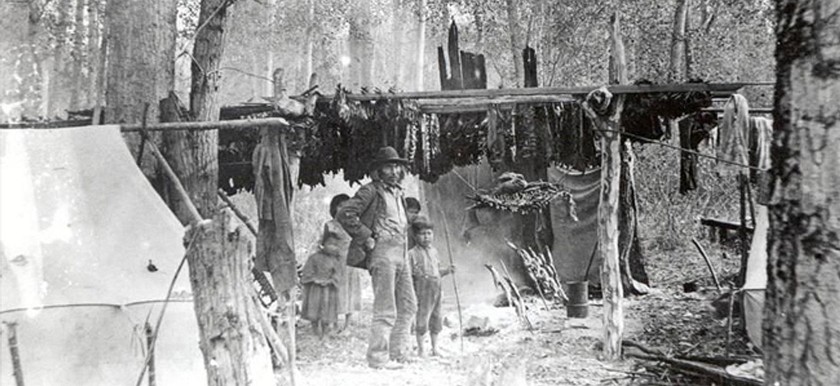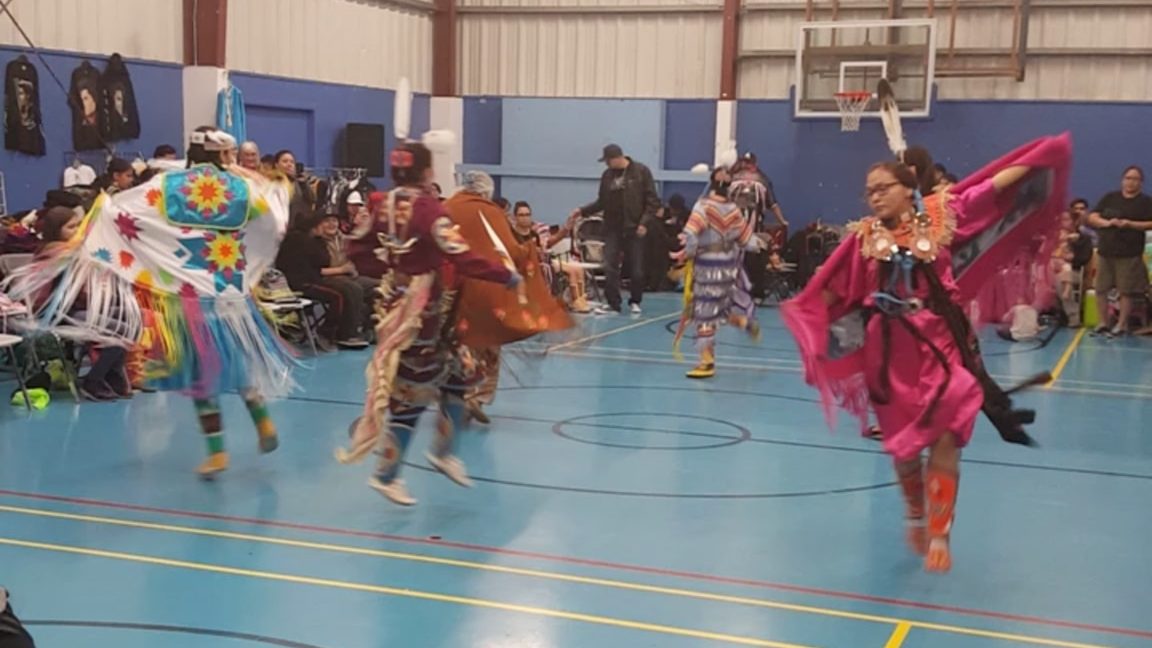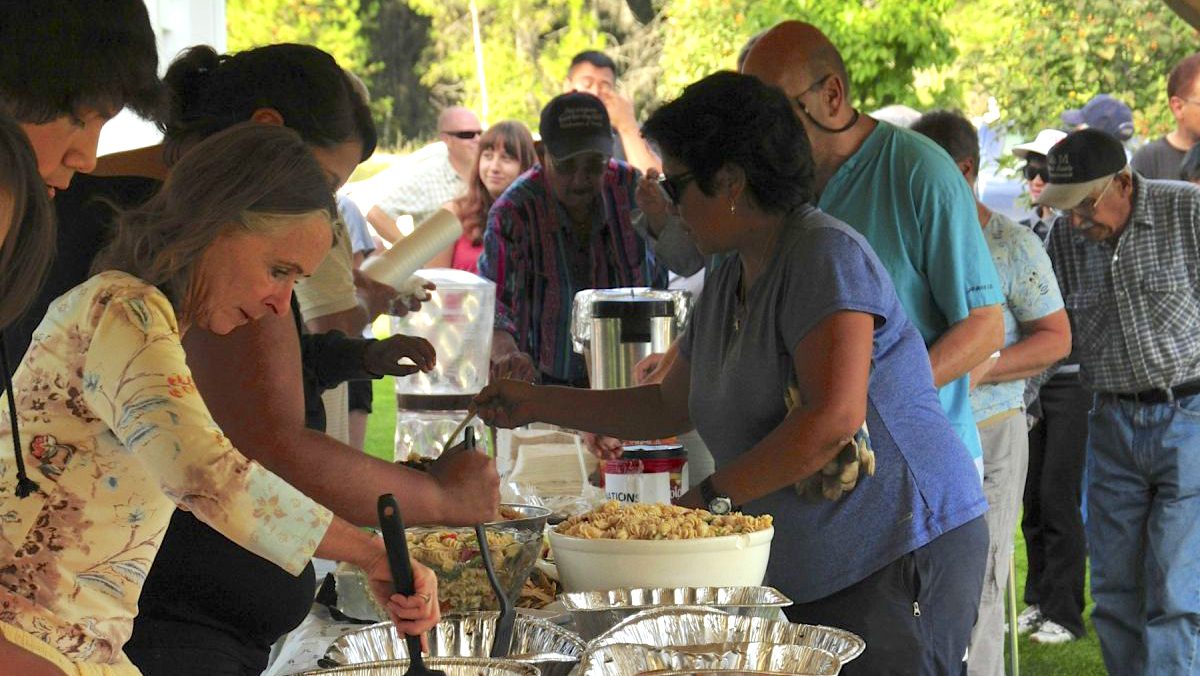
The history of the the Indigenous peoples of this lands stretches far back, to time immemorial. It is a rich and living history that is essential to acknowledge, celebrate and respect in order to have true and full understanding of this place.
Long-standing History, Vast and Diverse
Indigenous people have lived in the area now known as B.C. for more than 10,000 years. They developed their own societies, cultures, territories and laws. When European explorers and settlers first came to B.C. in the mid-18th century, the province was already home to thousands of Indigenous people.
Today, there are approximately 200,000 Indigenous people in British Columbia. They include First Nations, Inuit and Métis. There are 198 distinct First Nations in B.C., each with their own unique traditions and history. More than 30 different First Nation languages and close to 60 dialects are spoken in the province.

Our Indigenous Story
Wells Gray Country lies within the lands of two First Nations- the Simpcw and the Tsq’escenemc First Nations.
The Simpcw are part of the Secwepemc, or Shuswap, Nation – one of 17 Bands who historically (and currently) lived in the Thompson River Valley. Simpcw’s lands covered an area of roughly 5,000,000 Ha: from North of McLure to the head waters of the Fraser River at McBride; to Jasper in the East and South to the head waters of the Athabasca River. Currently, Simpcw First Nation has nearly 700 members, many of whom live in Chu Chua, the location of the main village of Simpcw First Nation.
The People of the Canim Lake Band, or the Tsq’escenemc as they are known in their native language, Secwepemcstin or Shuswap language, are members of the Shuswap Nation.
The Shuswap Nation is part of the Interior Salish People. The Salish People cover the area from the Coast (Coastal Salish) from Northern BC to Washington State to the Cariboo Region. The Tsq’escenemc are part of the lakes people of the Northern Shuswap, using the vast number of lakes in the region to maintain our sustenance.


